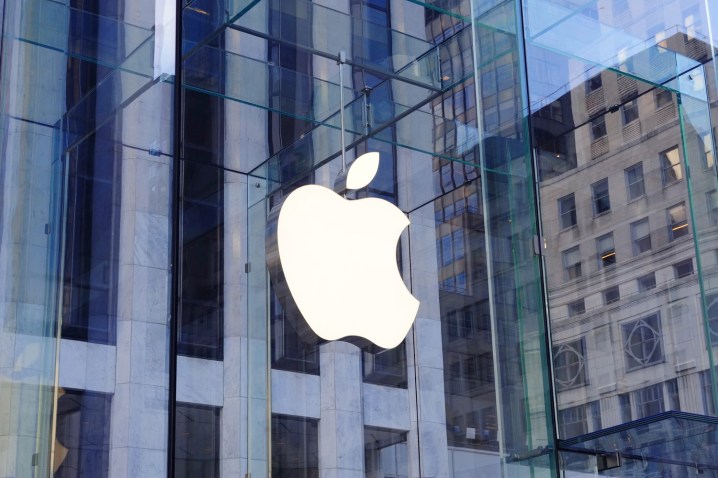
Let the rumor mill start spinning again. It’s been a few years since Apple seemed to have interest in building its own car, but a new report from Reuters suggests the company still has vehicles on its mind –specifically self-driving ones. Apple is reportedly in discussions with a number of companies that sell next-generation lidar sensors, a technology that is essential to help autonomous vehicle systems understand what is around them.
Apple has reportedly had conversations with at least four companies about their lidar sensors, which provide a three-dimensional look at objects on the road. The window shopping is taking place while a unit at Apple is working on its own, first-party lidar sensor, according to the report. However, purchasing the sensors from a third-party might be cheaper for Apple — though the company is supposedly maintaining a high standard for its expectations as it shops around.
Assuming Apple’s interest in lidar sensors is real, it suggests that the company may not have abandoned its ambitions to build a vehicle. The company’s efforts to create a self-driving car, known as Project Titan, have long been rumored but very little has ever materialized from them. In 2017, a New York Times report said Apple had all but dropped the idea and was moving away from creating an Apple-branded self-driving car. But something must have sparked the company’s interest again. At the very least, it may be exploring the possibility of building autonomous vehicle hardware that could potentially be applied to cars produced by other vehicle manufacturers.
Apple’s apparent interest in lidar sensors aren’t the only indication the company is getting ready to get back in the autonomous vehicle race. The company has hired away a number of people who have background in self-driving car technology, including former employees of Tesla and Google. Even with some layoffs from its Project Titan division earlier this year, Apple has maintained a sizable group of employees who are working within the secretive division. According to Reuters, Apple still has about 1,200 people working on Project Titan. It also logged about 80,000 miles testing self-driving cars in California last year.
Editors' Recommendations
- The Apple Car was reportedly dubbed ‘the Bread Loaf’
- Apple’s car project has apparently conked out
- Waymo robotaxi attacked and set on fire in San Francisco
- Beleaguered robotaxi startup Cruise lays off quarter of workforce
- Cruise woes prompt production halt of fully driverless van


